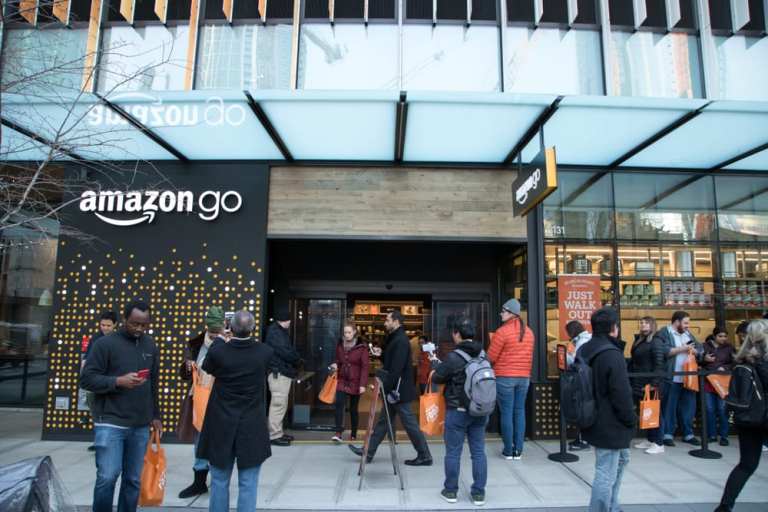San Fran Mulls Cashless Store Ban — Including Amazon Go

San Francisco is considering following in the footsteps of New Jersey and Philadelphia and banning cashless stores, including Amazon Go, according to a report from CNBC.
Many lawmakers say cashless stores are discriminatory toward lower-income individuals, as well as those without bank accounts or credit cards. Advocates say the move would reduce the threat of robbery and make it harder to avoid taxes.
San Francisco District Five Supervisor Vallie Brown proposed the bill in late February. At a Board of Supervisors meeting on Tuesday (March 19), Brown included Amazon Go in the proposed bill. Amazon was originally excluded from the bill because they don’t have employees that handle cash. In Go stores, customers can walk in and grab items as cameras record everything, and then a corresponding Amazon account is charged as the shopper leaves.
Currently, there are only a few Amazon Go stores, but the company said it plans to open up to 3,000 locations by the year 2021.
“Millions of Americans do not hold bank accounts, or otherwise fall outside the non-cash financial system,” the proposal said. “Some stand apart by choice, because they are concerned about privacy and do not want their every financial transaction recorded by banks and credit card companies; physical cash remains the most accessible anonymous medium of exchange in this country. Others may not be well-situated to participate in the formal banking system, or may be excluded from that system against their will. In short, denying the ability to use cash as a payment method means excluding too many people.”
Amazon will likely lobby lawmakers about the issue, the report noted. The company has said it might pull plans to open Amazon Go stores in Philadelphia if the ban goes into effect, and has tried to find legal workarounds to the cashless ban issue in other areas as well.